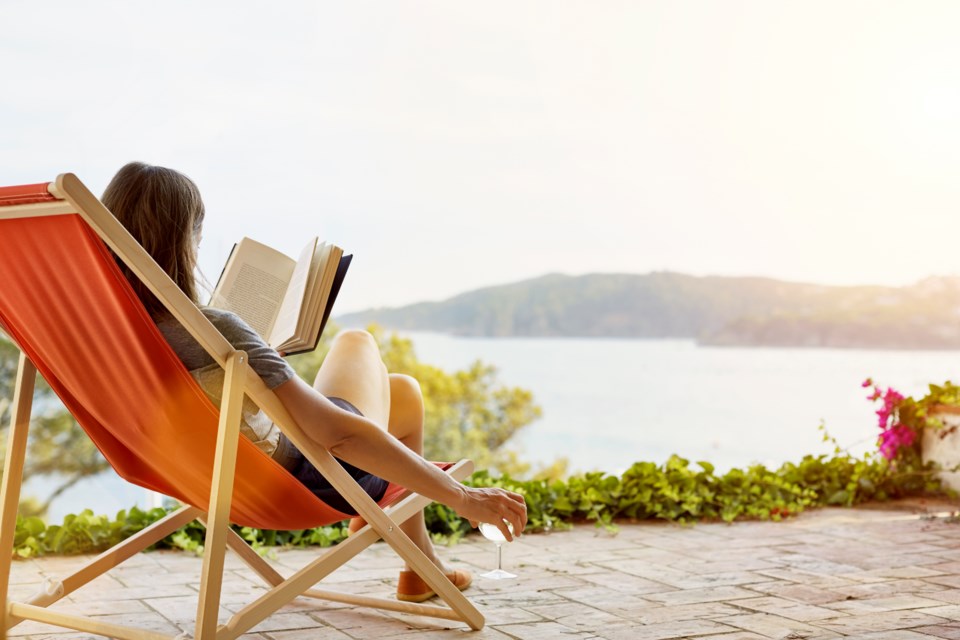Type “post-vacation blues” into Google and you’ll get back a litany of links and listicles advising on the best ways to pull yourself out of a post-travel funk.
Some coping mechanisms recommended include: tidying up your room before you leave on your jet-setting holiday; writing in a travel journal; documenting and sharing your memories; planning your next trip; and “having something to look forward to.”
The first thing that struck me about this kind of oversimplified advice is that, while it addresses the symptoms of what some researchers have come to call “post-travel depression,” it says nothing about its underlying cause.
So what is at the root of our collective holiday hangover? Well, there are the obvious factors: travel, by and large, involves elevated levels of adrenaline, and the sudden withdrawal of this and other hormones after a trip (or any major event, really) can have significant impacts on our mental and emotional health.
Then, there’s the all-important “contrast effect,” which is essentially a cognitive bias in which the perceived differences between our regular life and our holiday experience become heightened. For me, this tends to manifest as tiny reminders of all the things I’d like to be doing more of in my idealized life—reading, eating healthy, visiting museums, getting outside, etc.—but convince myself I don’t have the time nor the energy for.
You could make a convincing argument that it’s this tension between what we have and what we want that is the true source of our post-holiday malaise, and it’s one that the travel industry relies on to sell vacation packages, telling us that we deserve some hard-won time to unwind somewhere exotic, that we’re long-overdue due for an escape from our hum-drum reality. Hell, after working 95 per cent of the year to save up for those few fleeting weeks of vacation, how can you argue we haven’t earned a little R&R?
What the shiny tourism ads won’t tell you, of course, is that our whole economic system depends on this kind of carrot-dangling. We’ve all heard of working for the weekend. Well, what happens when an entire labour force is working for their next vacation? It’s a sad irony that the very thing we’re trying to escape from for a few weeks a year is also the thing that affords us the luxury to get away. Then, we come back after a period free from work emails and social media and black screens—the things that either facilitate the work we do or serve as ways to cope with the pressures of the job—with just enough fuel in the tank to get us to our next vacation. And the hamster wheel just keeps on spinning.
An aspirational endeavour if ever there was one, tourism has always been good at selling illusions—of cultural superiority, of freedom, of self-actualization. In a time post-COVID-19 when employees are quitting at historic rates and the rise of remote work has proven we don’t necessarily need to be chained to our desks to be productive, the importance of striking a healthy work-life balance has never been more prevalent. We have also heard time and again about how travel in a post-pandemic world will look very different from before. The modern tourist is more likely to explore their own backyard, spend more time in a given destination, and forge deeper connections with a place and the people who inhabit it.
Whether this pans out amidst what is likely to be a period of unprecedented demand for global travel remains to be seen, and if there’s one lesson we can take away from our post-vacation blues, it’s that building the life we want to live shouldn’t require a flight to some far-away beach or rustic country lodge, but needs to start right here at home.




